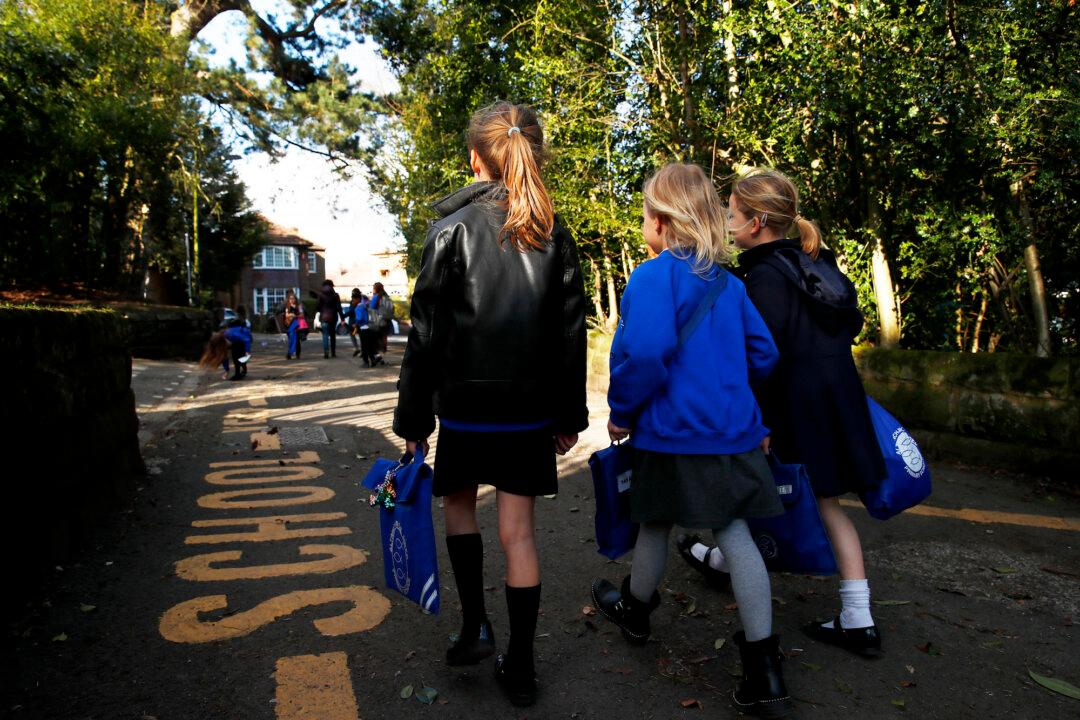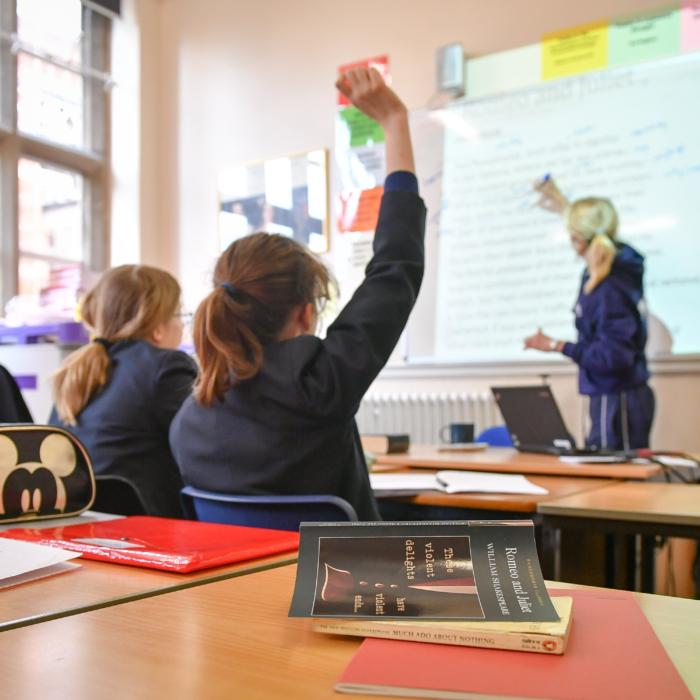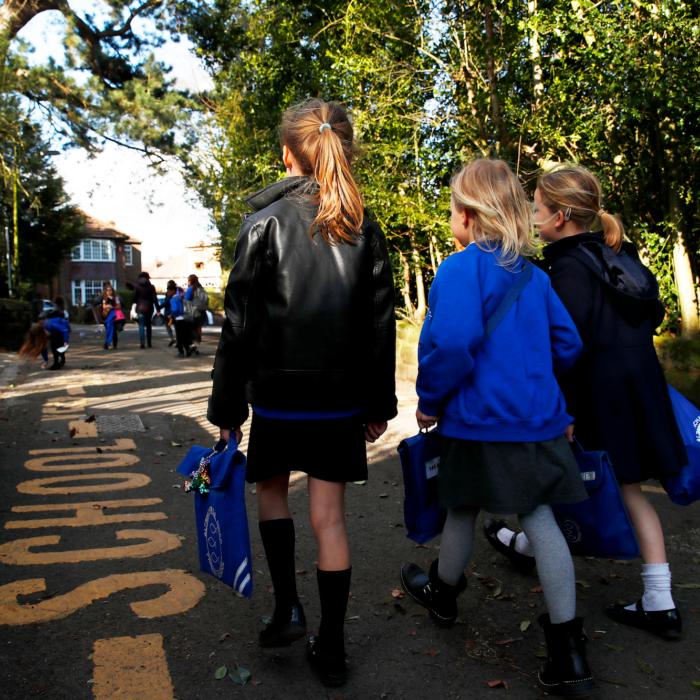The shadow education minister has criticised the government’s plans to introduce VAT on private school fees from January, calling it a “destructive, disruptive and divisive education tax.”
Hinds said on Tuesday in the House of Commons chamber: “This Government barely have their feet under the table, and already they are a Government in chaos. That chaos is exemplified by this destructive, disruptive and divisive education tax that will interrupt learning.”
The shadow secretary of state for education said that the policy will put demands on local state schools without capacity to take on more pupils, as well as putting further strain on the special education needs and disability (SEND) provision, with many children needing SEND attending independent schools.
Others speaking during the debate who backed the Opposition’s motions—including Independents and Liberal Democrats—voiced concern over the impact on private faith schools, local communities, and military families.
‘Politics of Envy’
Conservative MP Dame Priti Patel said that Labour’s policy is “dogmatic and rooted in the politics of envy,” saying, “It comes from a self-serving socialist Government that are ignorant and blind to the harm that it will lead to for families up and down the country.”Like Hinds, Patel called for an impact assessment and expressed concern on how an outflow of pupils from the public sector will affect local state school.
“There will be an impact on state schools, as they will have to accommodate additional pupils. We need some honesty and transparency around this. Class sizes are going to increase in state schools,” the former Conservative minister said.
Alicia Kearns called the measures a “cruel, vindictive policy,” saying the measures will impact people in her Conservative constituency of Rutland and Stamford, where there are 10 independent schools that cater for a vast number of pupils, “particularly those from military families and those with SEND.”
Kearns said that in the entire county of Rutland, there are no available state school spaces in years 10 and 11, and only three SEND spaces.
Stuart Anderson, the Conservative MP for South Shropshire, said that many of his constituents are military families, who he said will be affected by the plans and may even result in people leaving the armed forces.
Conservatives Defeated
Treasury Minister James Murray confirmed that the government would maintain January 2025 as the date for introducing the policy, saying it allows the government to raise the funds they need as soon as possible “to deliver our education priorities for state schools across the country.” He said that the government had already “carefully considered” the impact of these proposals while developing the policy.Labour had said during the election that the money raised would pay for 6,500 new specialist teachers, more nursery provision, and mental health specialists in every school, among other pledges.
Speaking on behalf of the government, Murray also disputed concerns that local schools would be overwhelmed by an influx of former-private school pupils, saying that the number would likely be very small and most of those would leave at natural transition points, such as when a child moves from primary to secondary school. He added that the government is confident the state sector can accommodate any additional pupils “and that these policies will not have a significant impact on the state education system as a whole.”
He also said that the government expects that “most private schools will be able to absorb a significant proportion of those new VAT charges and keep fee increases affordable for most parents.”
With regards to military families, the treasury minister said the government would continue to monitor the impact of policy changes on serving military personnel, with any changes being considered as part of the ongoing spending review.
MPs voted 363 to 190 to reject the Conservatives’ motion calling for an impact assessment on the policy to be published ahead of the Budget on Oct. 30.







